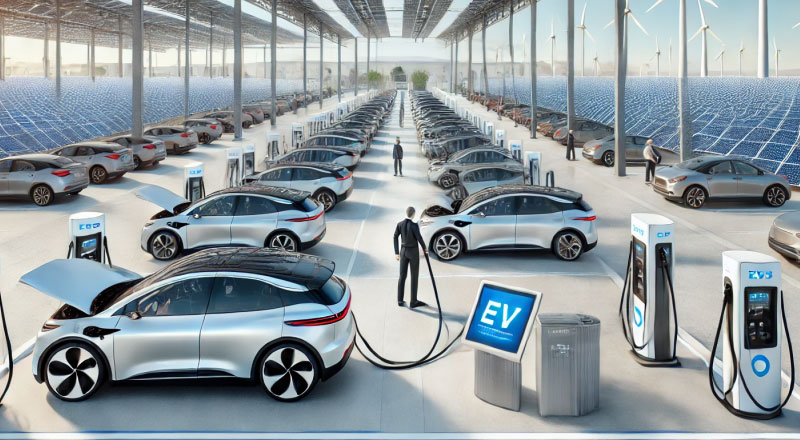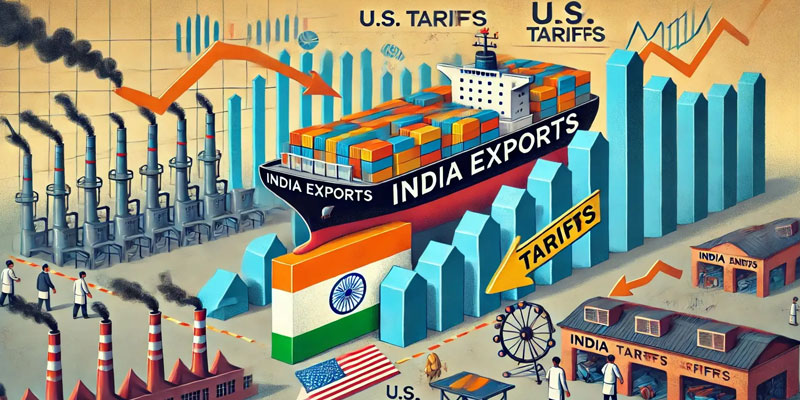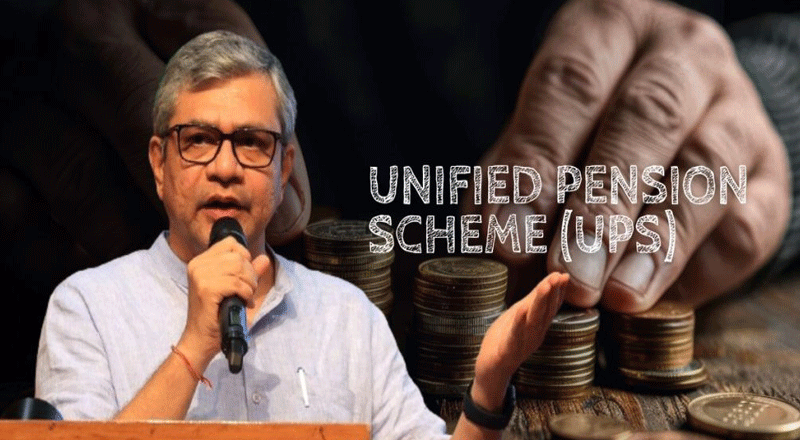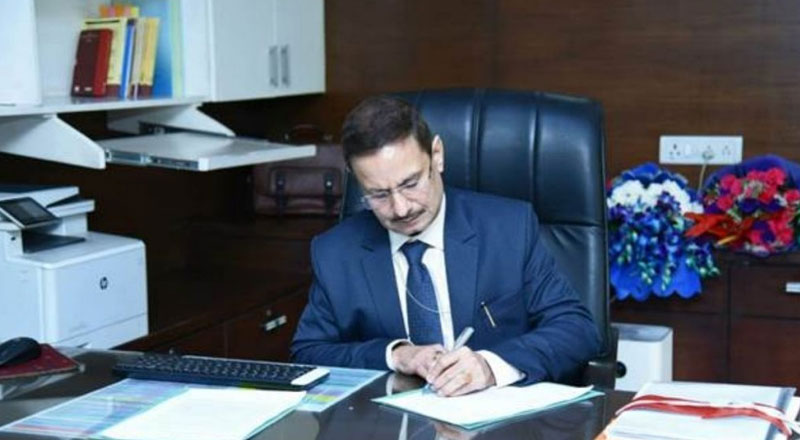A Promising Partnership Unravels
What began as a promising venture to propel India’s electric mobility sector now teeters on the edge of collapse. Public sector financiers Power Finance Corporation (PFC) and the Indian Renewable Energy Development Agency (IREDA) are facing the grim prospect of significant loan losses tied to Gensol Engineering, a company once seen as a rising force in green innovation. At the heart of the crisis lies a tangled web of financial defaults, regulatory scrutiny, and alleged fraud—all of which could jeopardize the recovery of over ₹663 crore in public funds.
Loan Default Fears Intensify
The situation took a sharp turn when BluSmart, the ride-hailing platform to which Gensol leased over 5,000 electric vehicles, abruptly suspended operations on April 17. The halt in services triggered a stoppage in lease payments, sending shockwaves through the lenders. With Gensol’s revenue stream severed, fears have mounted that the loan account could soon be classified as a non-performing asset (NPA), making recovery increasingly difficult.
Gensol had financed the EV fleet through structured loans, but the sudden operational halt poses a direct threat to its ability to service the debt. According to reports, PFC and IREDA are now exploring the possibility of auctioning the vehicles—still hypothecated to them—as a last-resort recovery measure.
Promoters Under Regulatory Fire
The crisis deepens when viewed against the backdrop of regulatory action facing Gensol’s promoters, brothers Anmol Singh Jaggi and Puneet Singh Jaggi. The Securities and Exchange Board of India (SEBI) has banned the duo from participating in capital markets, citing allegations of fund diversion and insider trading. Their troubles cast a long shadow over both Gensol and BluSmart, given the close operational and financial links between the two entities.
The promoters currently control a 62.65% stake in Gensol, with 81.6% of that equity pledged—revealing the leveraged state of their holdings and compounding concerns over corporate governance and financial stability.
Asset Liquidation and Delay Risks Loom
Sources say PFC and IREDA have not yet classified the account as an NPA, thanks to a debt-service reserve account maintained by Gensol. However, with no new lease inflows and mounting uncertainty, this reserve is unlikely to provide a long-term cushion. Meanwhile, rating agencies downgraded Gensol’s debt to ‘D’ in March, affirming its deteriorating credit profile.
If the loan turns into an NPA, the resolution process could be delayed further due to the complex interlinkages between Gensol and BluSmart, as well as the ongoing investigations into the promoters.
A Cautionary Tale in Green Finance
The unfolding Gensol saga offers a sobering lesson on the risks of ambitious ventures without robust governance. While the vision of electrified transportation remains vital, this case underscores the need for financial due diligence, transparency, and regulatory oversight—especially when public funds are at stake. As India drives toward a greener future, the road must be paved not just with innovation, but with accountability.
(With inputs from agencies)

Business & Economics





















